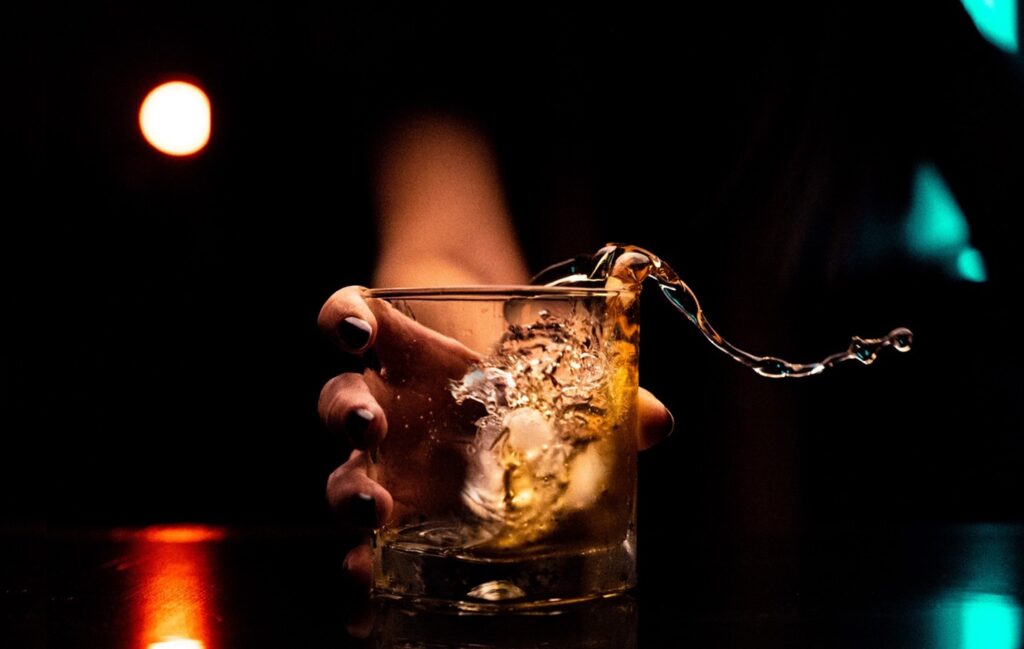Amelia Elkins, LCSW, CAS
With alcohol being a depressant, it’s no wonder why those with anxiety turn to drinking in times of need. In the moment, alcohol may feel like a numbing agent, a way to relax, or even a way to feel more comfortable connecting socially. Alcohol is also very normalized in the United States. It’s legal, and is available pretty much anywhere, making it an easy option to reduce stress.
That being said, “Hangxiety” is becoming a new buzz word and folks with underlying anxiety are noticing how detrimental hangovers can be for their mental health.
Hangxiety is the high level of unease, nervousness, or stress one may feel on top of the usual side effects of a hangover. If you use alcohol to cover up anxiety in the moment, the anxiety doesn’t disappear but rather lays dormant until there’s no substance to cover it up, hence the strong sense of anxiety the following day. There is also research to suggest that the dopamine hormone is lower after a night of drinking. A lack of dopamine definitely doesn’t help when you’re trying to maintain a decent baseline mood.
Rather than turning to alcohol and risking the chance of only increasing your symptoms, instead try these tools to reduce anxiety:
>Daily Exercise
>Healthy, Balanced Diet low in sugar and caffeine
>Daily Meditation
>Recognizing anxiety triggers through journaling
>Medication and/or Therapy
Lastly, if you’re noticing drinking becoming a regular tool to reduce anxiety, it may be time to seek out professional support. Individual therapy is a great way to reduce drinking while also working on reducing anxiety. Reach out today to get started.

